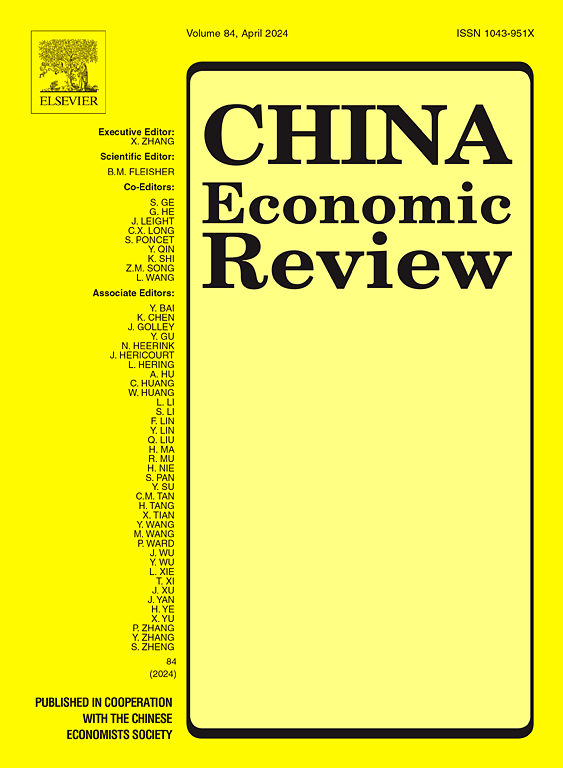NEW PUBLICATION: We assess the impact of China’s bilateral political relations with three main trading partners—the US, Germany, and the UK—on current account balances and exchange rates, over the 1960Q1-2022Q4 period. Relying on the lag-augmented VAR approach with time-varying Granger causality tests, we find that political relationships with China strongly matter in explaining the dynamics of current accounts and exchange rates, supporting the “trade follows the flag” view. Such relationships cause the evolution of the exchange rate (except in the UK) and the current account; these causal links being time-varying for the US and the UK and robust over the entire period for Germany. These findings suggest that policymakers should account for bilateral political relationships to understand the global macroeconomic consequences of political tensions.
You can find the WP version, the abstract, the keywords and the online appendix in an older post:
You can quote this article as:
António Afonso, Valérie Mignon, Jamel Saadaoui, On the time-varying impact of China’s bilateral political relations on its trading partners: “doux commerce” or “trade follows the flag”? 2024, Accepted in China Economic Review.

1 Comment
[…] On the time-varying impact of China’s bilateral political relations on its trading partners: “do… […]